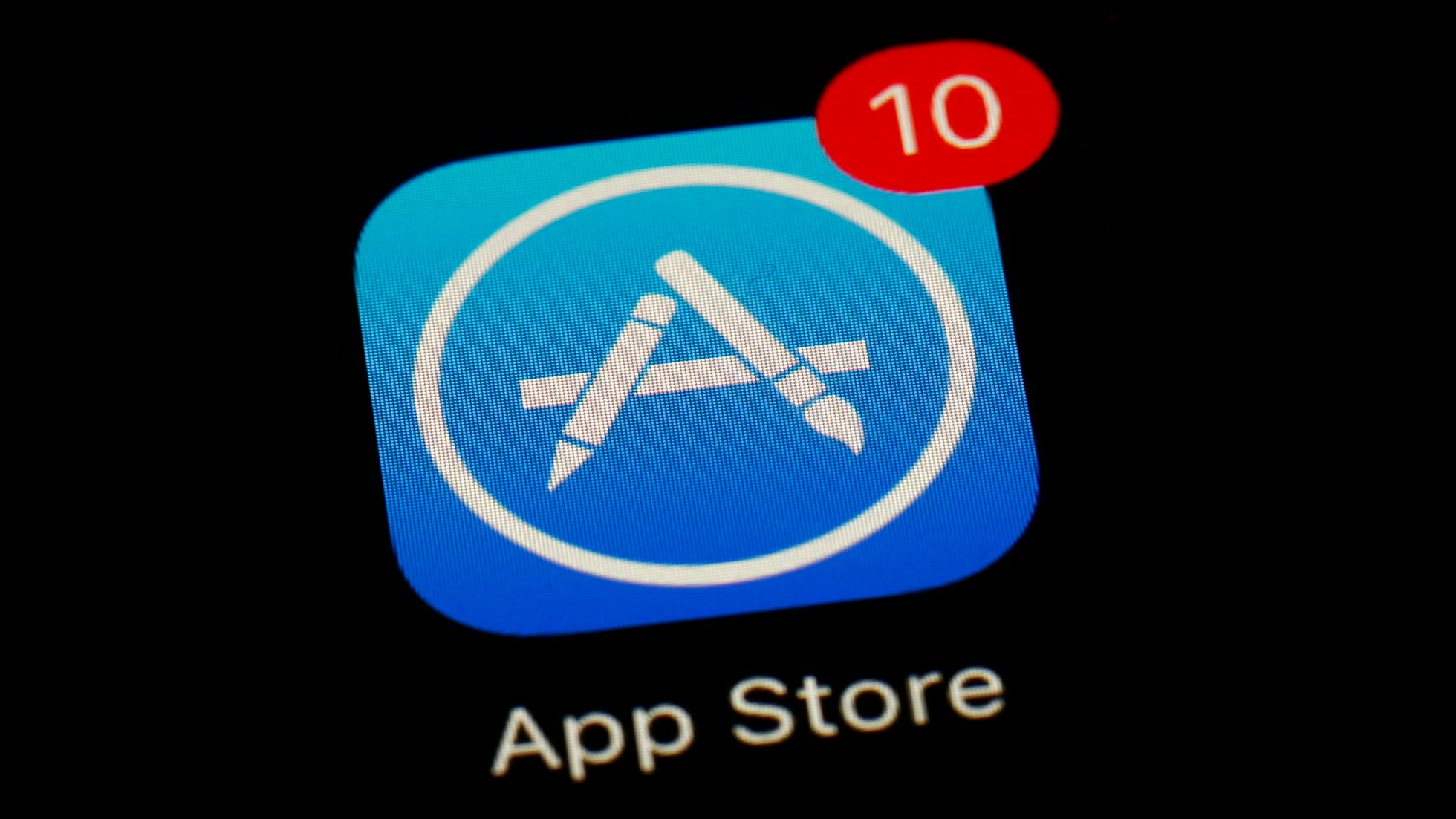Europe is witnessing a monumental shift in its digital landscape as Apple rolls out sweeping changes to its iPhone App Store, marking the most significant transformation since its inception in 2008. The regulatory overhaul, enforced under the Digital Markets Act (DMA), empowers consumers within the European Union with newfound freedoms, allowing them to download iPhone apps from non-Apple stores and explore alternative payment options for in-app transactions. While hailed as a triumph for consumer choice, these reforms also raise concerns about potential security vulnerabilities and the proliferation of illicit content on Apple devices.
/cloudfront-us-east-1.images.arcpublishing.com/bostonglobe/VHCXOSNYW6VA4ZB3UMYOPTGAR4.jpg)
EU Regulates AntiCompetitive Practices on Apple
The DMA-mandated changes come hot on the heels of a substantial fine levied against Apple by EU regulators for anticompetitive practices in the music streaming sector. Apple’s response to the regulatory shake-up has been fraught with apprehension, citing heightened security risks and the specter of increased scams and malicious attacks on iPhones. The tech giant’s reservations underscore the delicate balancing act between fostering competition and preserving user security in the digital sphere.
The Battle for Market Access
Tech behemoths like Spotify and Epic Games have vehemently criticized Apple’s compliance with the DMA, accusing the company of perpetuating its dominance over the iPhone ecosystem. Allegations of anticompetitive behavior and retaliation against rival app stores have sparked a contentious debate, with Epic Games alleging Apple’s violation of the DMA by thwarting its plans for an alternative app store in Sweden. As EU regulators launch inquiries into these allegations, tensions between Apple and its detractors continue to escalate, threatening to upend the delicate equilibrium of the digital marketplace.

Striking a Balance
Apple’s staunch defense of its “walled garden” approach underscores its commitment to safeguarding user privacy and data integrity. Despite mounting pressure to relax its grip on the App Store, Apple remains resolute in its stance against permitting alternative app stores in regions beyond the EU. The company contends that the DMA’s security implications pose significant risks, prompting concerns from government agencies regarding potential breaches of sensitive information. As stakeholders grapple with competing interests, the quest for a harmonious convergence between regulatory compliance and consumer protection remains an ongoing challenge.